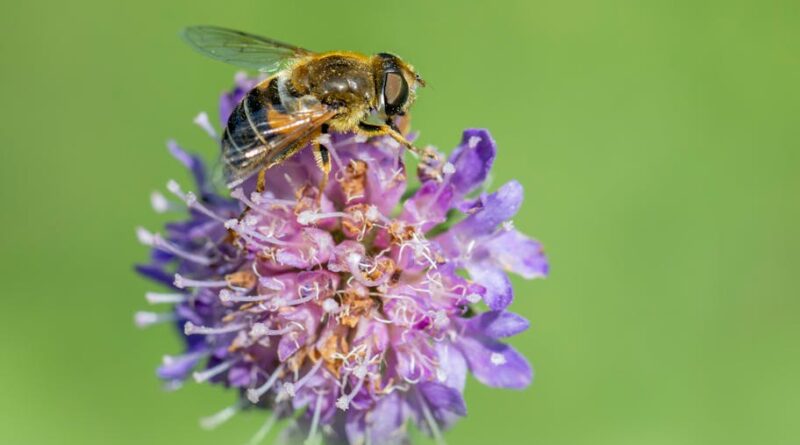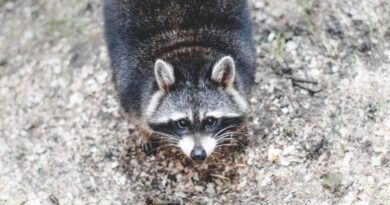Understanding the Role of Pollinators in Ecosystems
When we think of the intricate web of life that sustains our planet, pollinators may not be the first creatures that come to mind. Yet, these small but mighty beings play a crucial role in ecosystems worldwide, supporting biodiversity, food production, and the overall health of our planet. In this article, we will delve into the fascinating world of pollinators, exploring their significance, the challenges they face, and the importance of conservation efforts to ensure their survival.
The Basics of Pollination
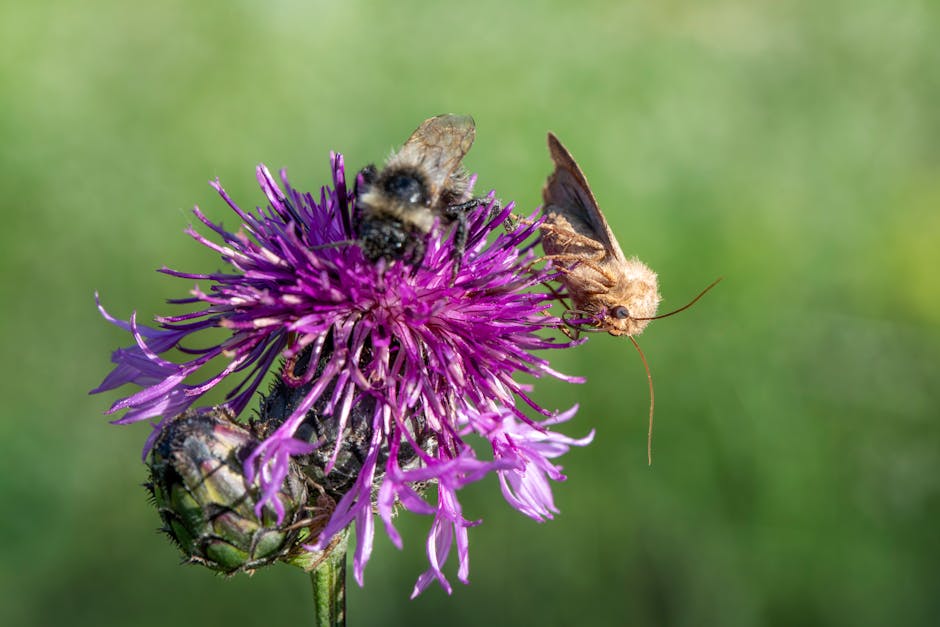
Pollination is the process by which pollen is transferred from the male reproductive organs of a flower to the female reproductive organs, resulting in fertilization and the production of seeds. This essential process is facilitated by a diverse array of pollinators, including bees, butterflies, birds, bats, and even some species of beetles. As these pollinators visit flowers in search of nectar or pollen, they inadvertently pick up pollen grains and carry them to other flowers, enabling the plants to reproduce.
One of the most well-known and efficient pollinators is the bee. Bees are responsible for pollinating a wide variety of plants, including many of the fruits, vegetables, and nuts that we consume. Without bees and other pollinators, many plant species would struggle to reproduce, leading to a decline in biodiversity and a disruption of ecosystems.
The Importance of Pollinators in Ecosystems
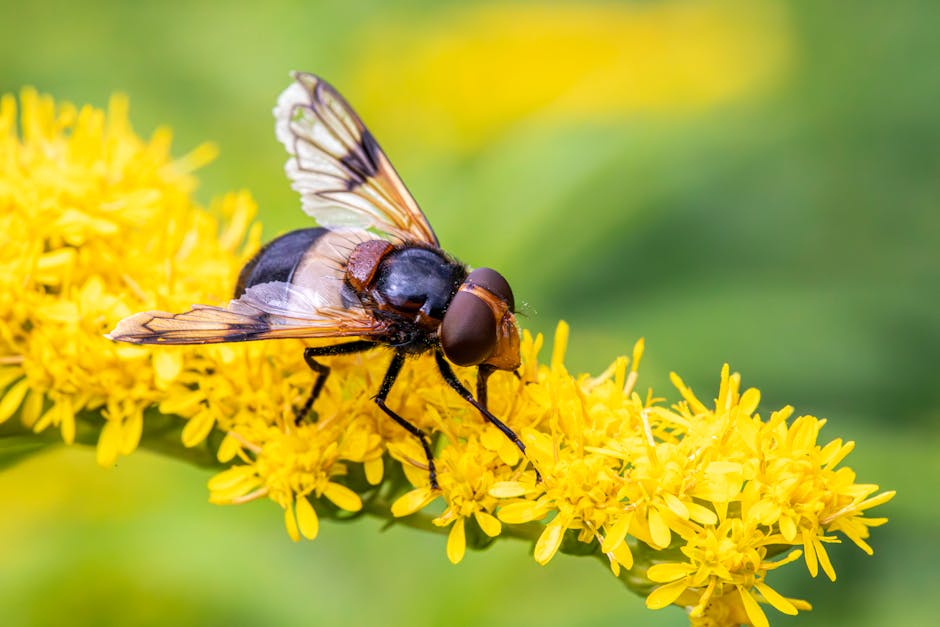
Pollinators play a crucial role in maintaining the health and stability of ecosystems around the world. By facilitating the reproduction of plants, pollinators contribute to the genetic diversity of plant populations, which is essential for their resilience in the face of environmental changes. Additionally, pollinators support the production of fruits, seeds, and other plant materials that serve as food sources for a wide range of animals, from insects to mammals.
Furthermore, pollinators are key players in the process of ecological succession, whereby plant communities evolve and change over time. By promoting the growth and spread of plant species, pollinators help to shape the composition and structure of ecosystems, influencing the abundance of other species and the overall ecosystem dynamics.
The Decline of Pollinators
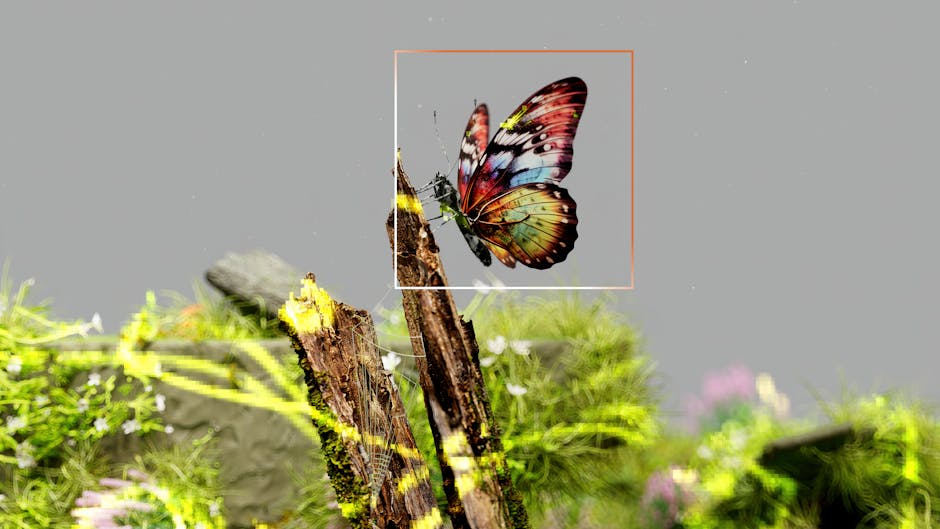
Despite their critical importance, pollinators are facing numerous threats that are putting their populations at risk. Habitat loss, pesticide use, climate change, and diseases are among the primary factors contributing to the decline of pollinators worldwide. As natural habitats are destroyed or fragmented, pollinators lose the food sources, nesting sites, and shelter they need to survive.
Pesticides, particularly neonicotinoids, have been linked to the decline of bee populations, causing disruptions in their behavior, physiology, and immune systems. Climate change is also altering the distribution and abundance of pollinators, as shifting temperatures and precipitation patterns affect the blooming times of plants and the availability of nectar and pollen.
Conservation Efforts for Pollinators

Recognizing the importance of pollinators and the threats they face, conservation organizations, governments, and individuals are taking action to protect and restore pollinator populations. Initiatives such as planting pollinator-friendly gardens, creating wildlife corridors, and reducing pesticide use are helping to create safe havens for pollinators to thrive.
In addition to these local efforts, international collaborations are also underway to address the global decline of pollinators. The United Nations has designated May 20th as World Bee Day to raise awareness of the importance of pollinators and promote conservation initiatives. The International Pollinator Initiative, launched in 2019, aims to enhance global coordination on pollinator conservation and research.
The Economic Value of Pollinators
Beyond their ecological significance, pollinators also provide substantial economic benefits to society. It is estimated that pollinators contribute billions of dollars to the global economy each year through their role in crop pollination. In the United States alone, pollinators are responsible for pollinating crops worth over $15 billion annually.
Many of the foods that we enjoy, such as apples, almonds, and coffee, rely on pollinators for their production. Without pollinators, the availability and diversity of our food supply would be greatly diminished, leading to higher prices and potential shortages of key crops.
Common Misconceptions About Pollinators
Despite their importance, pollinators are often misunderstood or overlooked by the general public. One common misconception is that bees are the only pollinators, when in fact, there are thousands of species of insects, birds, and mammals that contribute to pollination. Another misconception is that all flowers require pollinators to reproduce, when in reality, some plants are self-pollinating or wind-pollinated.
By dispelling these misconceptions and raising awareness of the diverse roles that pollinators play in ecosystems, we can foster a greater appreciation for these vital creatures and the services they provide.
Conclusion
In conclusion, pollinators are indispensable members of our ecosystems, supporting plant reproduction, biodiversity, and food production. Their decline poses a serious threat to the health and stability of ecosystems worldwide, making it imperative that we take action to protect and conserve these essential creatures.
By understanding the role of pollinators in ecosystems and the challenges they face, we can work together to create a more sustainable future for both pollinators and ourselves. Through conservation efforts, education, and advocacy, we can ensure that pollinators continue to thrive and fulfill their vital ecological functions for generations to come.

